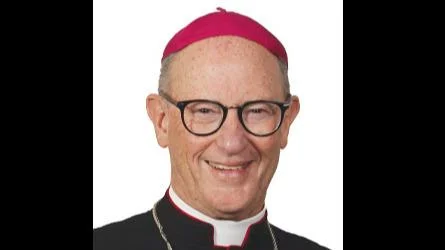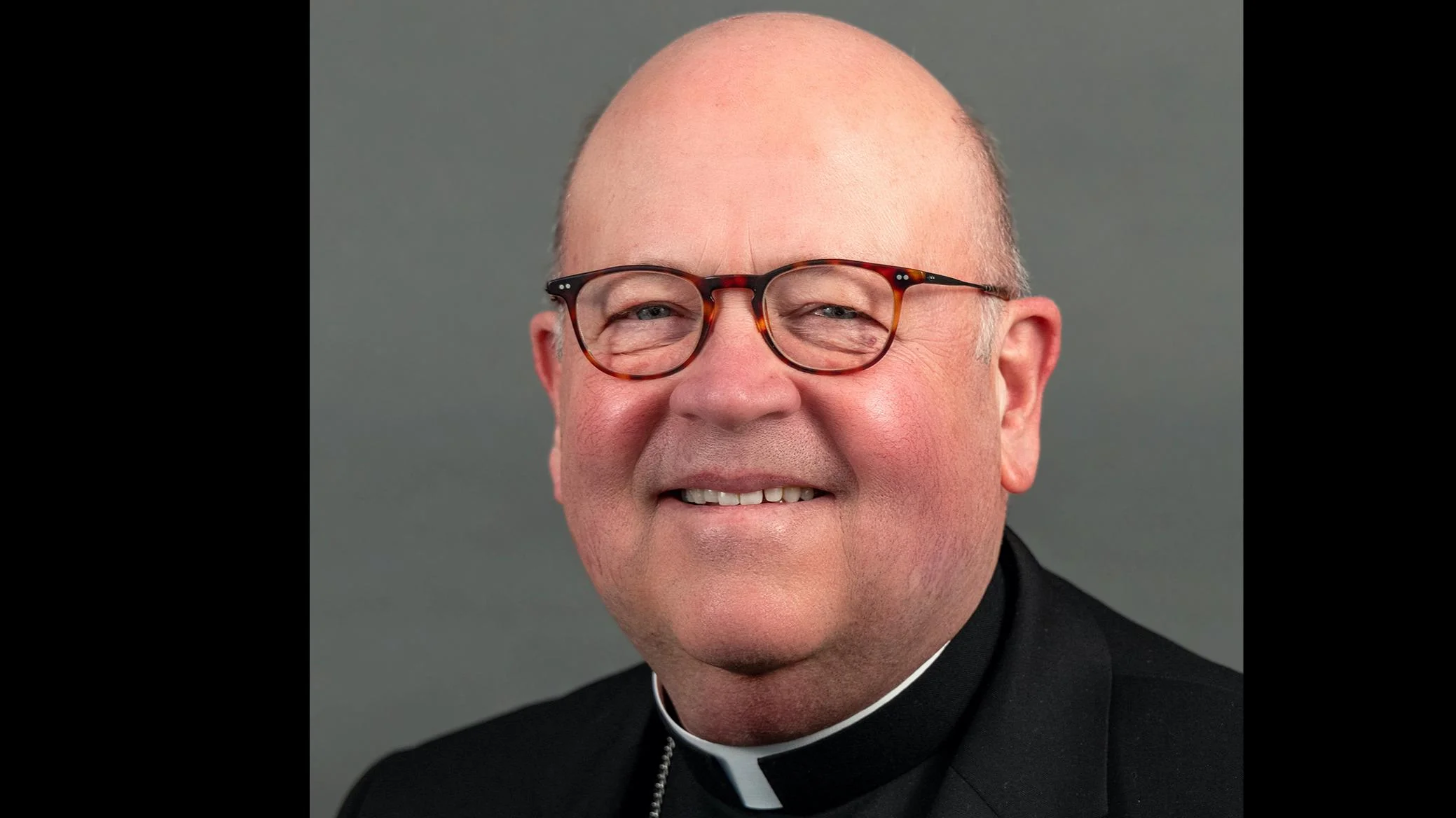
Rev. James D. Conley, D.D., S.T.L. | Diocese of Lincoln website
"What do you do all day?" is a common question directed at military chaplains, to which the response is often, "It depends! My days are incredibly varied. One moment I might be discussing everyday life with someone, and the next I'm helping a service member navigate a personal crisis, including suicidal thoughts."
The role of American military chaplaincy dates back to the Revolutionary War when pastors accompanied state militias to provide moral guidance amidst war's challenges. In 1775, Congress formally established the position of chaplain in the Continental Army. While holding officer rank and adhering to military standards such as physical fitness and professional development, chaplains have no command authority and are non-combatants who accompany armed personnel even into conflict zones. History highlights courageous chaplains like Medal of Honor recipient Venerable Emil Kapaun from the Korean War.
In Nebraska and across the U.S., there is strong public support for military members, although this service comes with significant sacrifices for personnel and their families. As Pope Francis emphasizes accompaniment, military chaplains serve by walking alongside those defending freedom, pursuing peace, or waging war.
Military chaplains perform religious duties similar to civilian pastors but serve individuals from diverse faiths including Catholics, Protestants, Jews, Muslims, pagans, Hindus, Buddhists, agnostics, and atheists. A key role is providing pastoral counseling during crises—offering immediate support for challenges such as combat stress reactions or reintegration into civilian life—to prevent long-term psychological harm.
A conversation with an atheist service member highlighted that despite his beliefs, he found a chaplain's support crucial while deployed under challenging circumstances. He now advocates for military chaplains despite maintaining his atheistic views.
Some critique the presence of chaplains in the military as government-imposed religion; however, they are prohibited from proselytizing. Chaplains ensure that all service members can practice their religions freely while also sharing their own beliefs if asked.
The need for priests in the military is significant due to a large Catholic presence among service members. The Diocese of Lincoln supports this need by allowing priests to serve in roles like domestic operations responding to emergencies or overseas deployments in locations such as South Korea and Saudi Arabia.
Serving as a military chaplain involves supporting brave men and women through daily conversations or moments of crisis—a ministry ensuring access to spiritual care regardless of belief systems.





 Alerts Sign-up
Alerts Sign-up